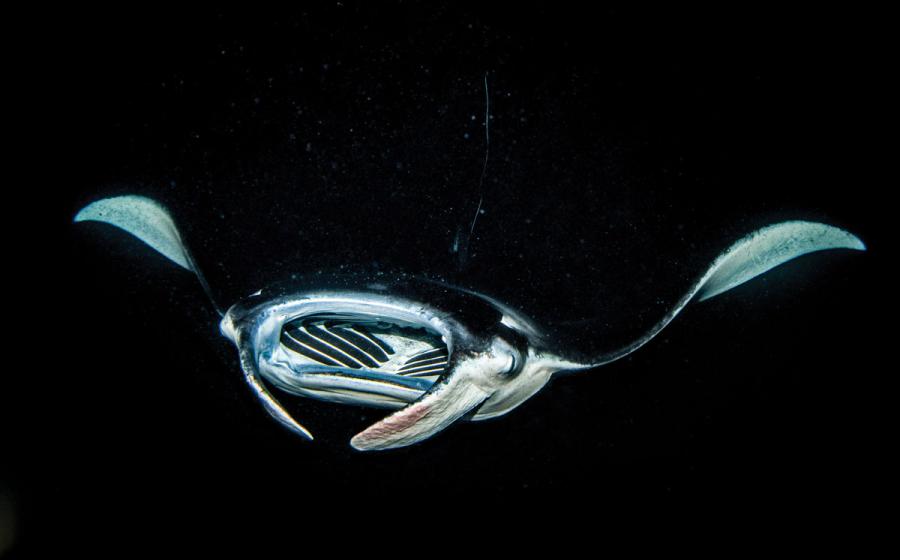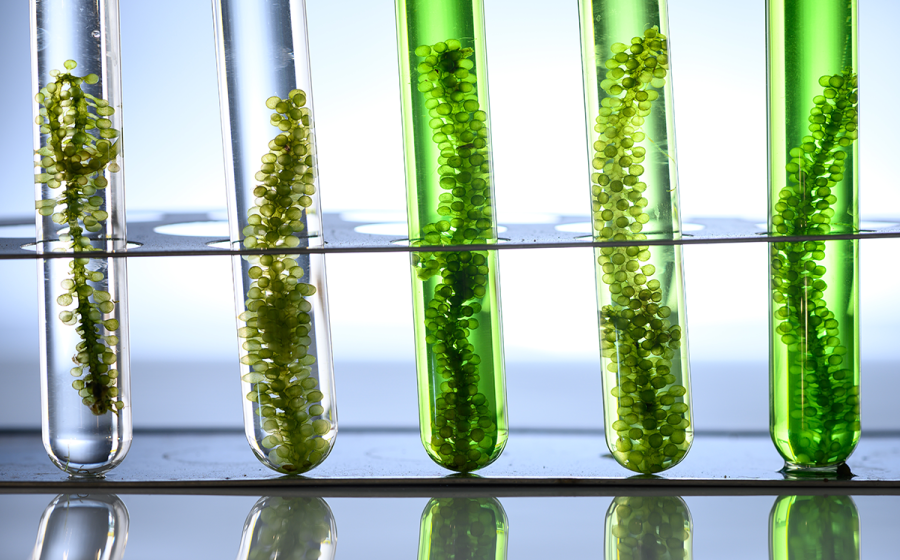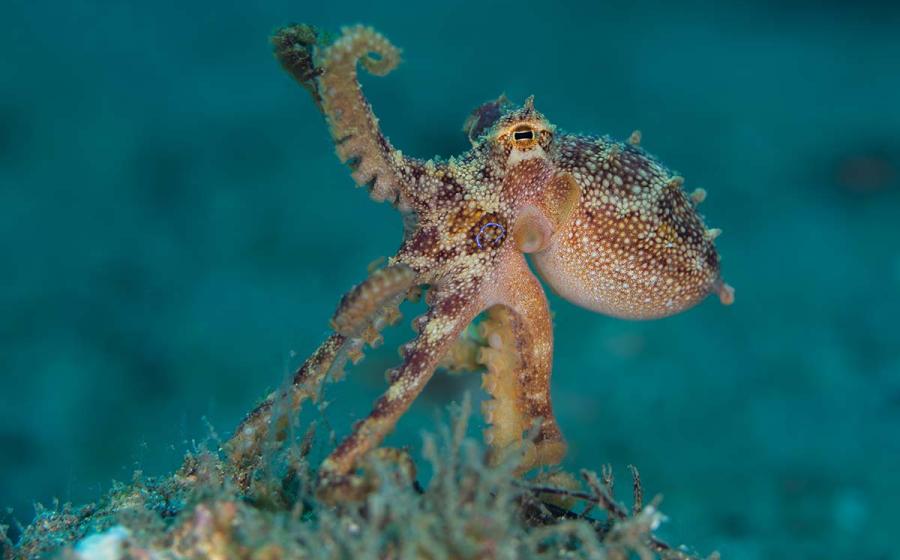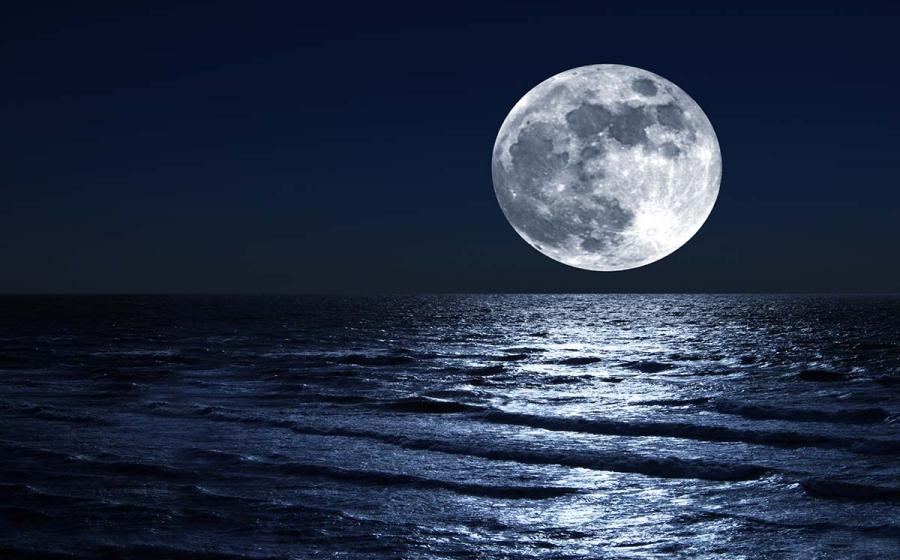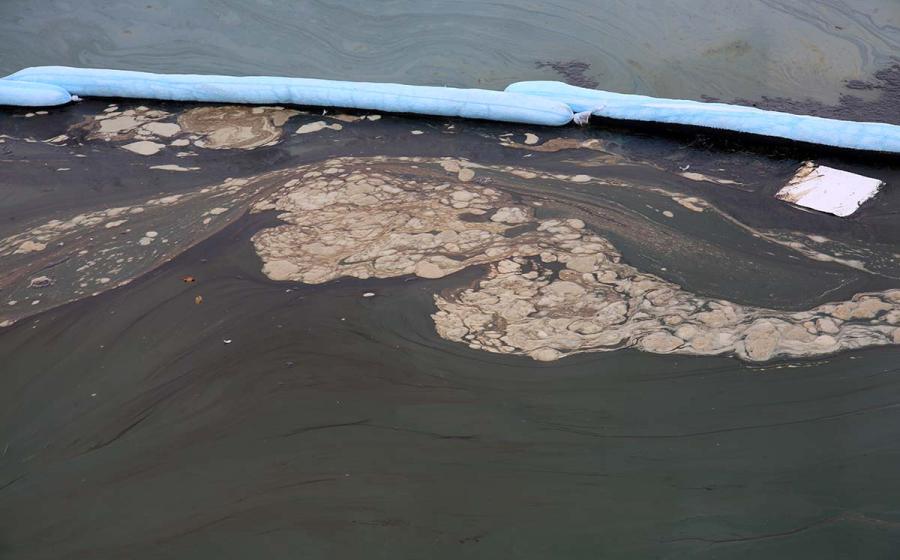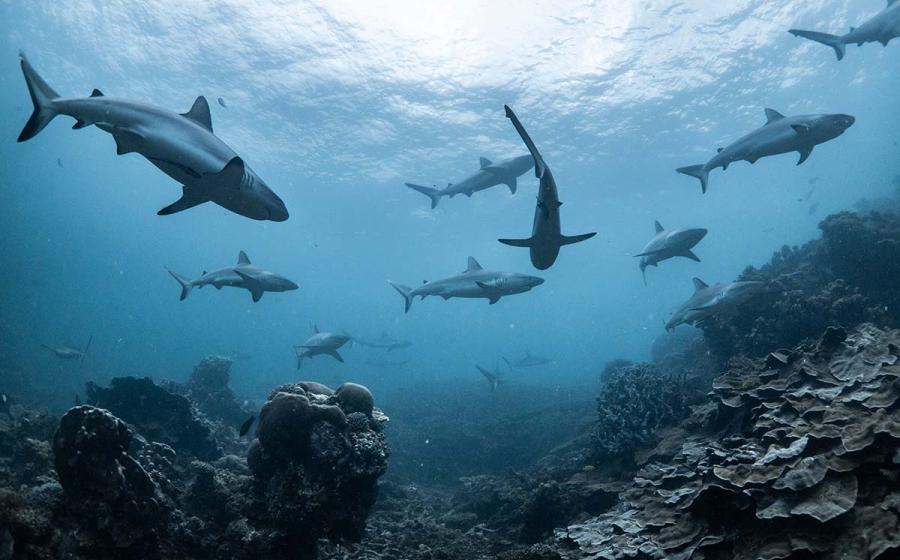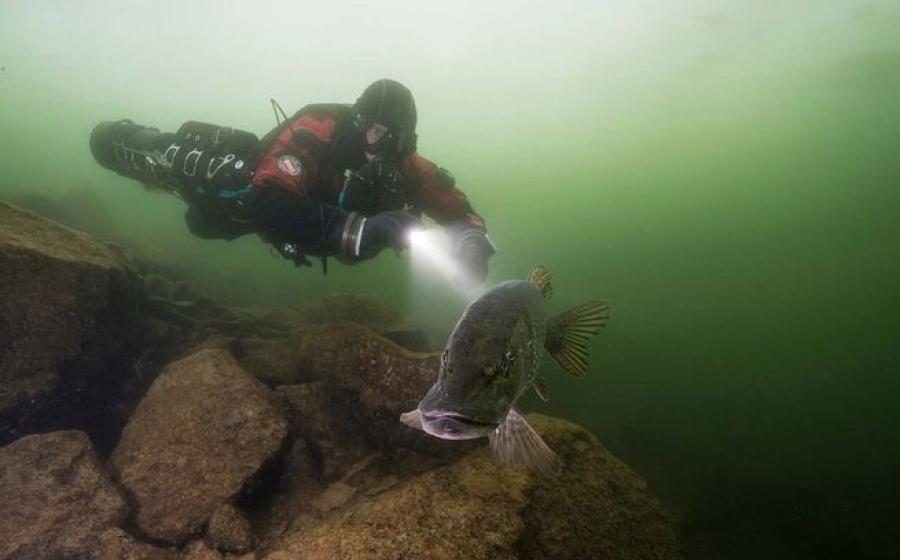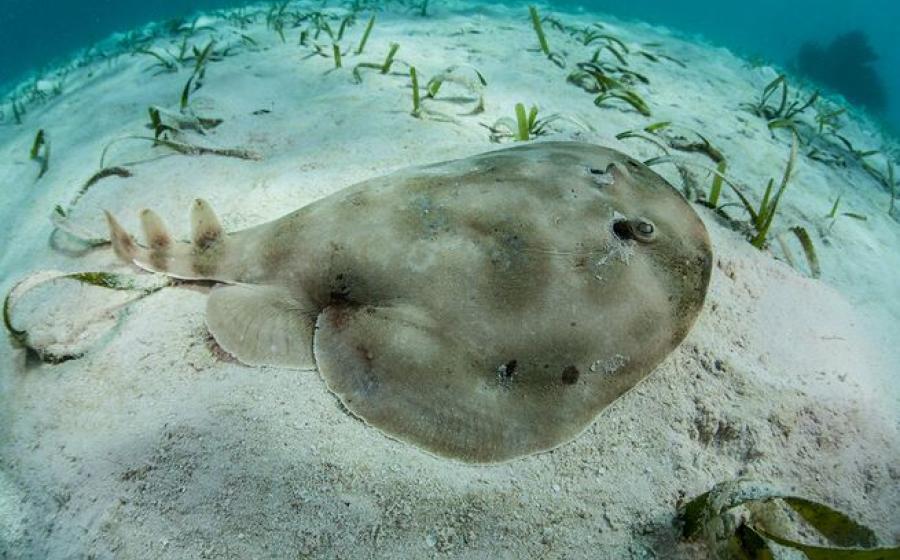David Shiffman, Ph.D. Articles
How manta ray encounters are structured shapes their impact on wildlife.
Hundreds of new ocean species described by scientists every year—but described doesn't mean newly discovered.
You do not need to be able to scuba dive for a career in marine biology, but there are ways for the field to improve inclusivity.
Dolphins aren't the only animals that use tools — octopuses and otters do too.
The light of the moon can shape hunting, mating and more in the ocean.
The best thing to do is work to prevent the next one. Here are some ideas.
Conservationists that don’t stay up to date on the scientific research are likely to endorse ineffective policy solutions, but when scientists and conservationists work together, both groups benefit.


